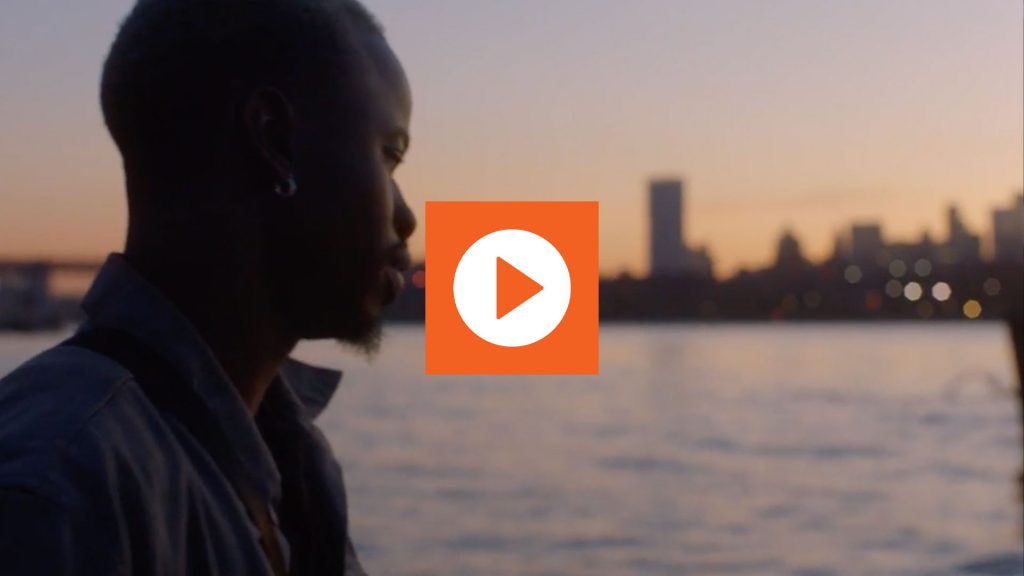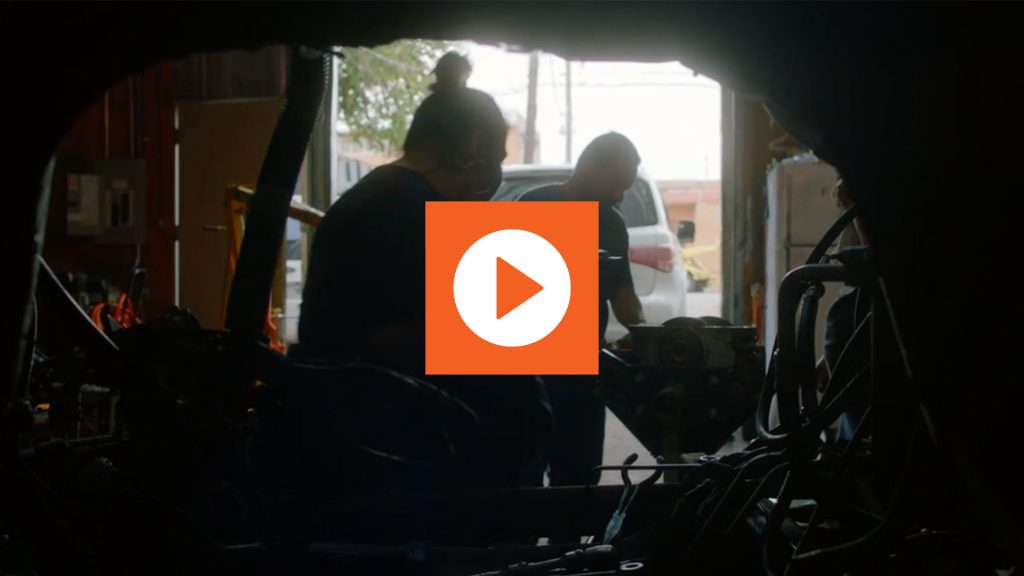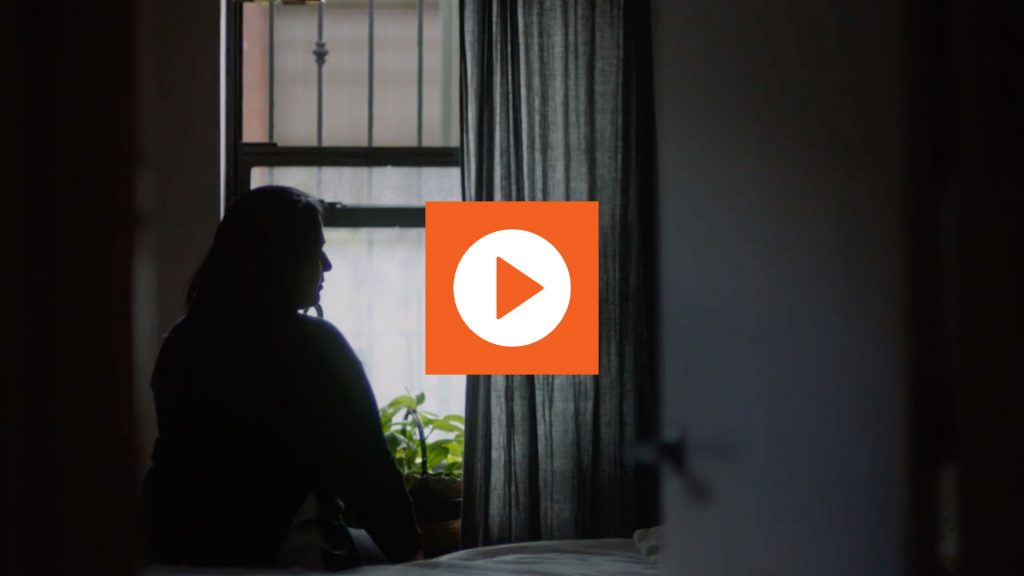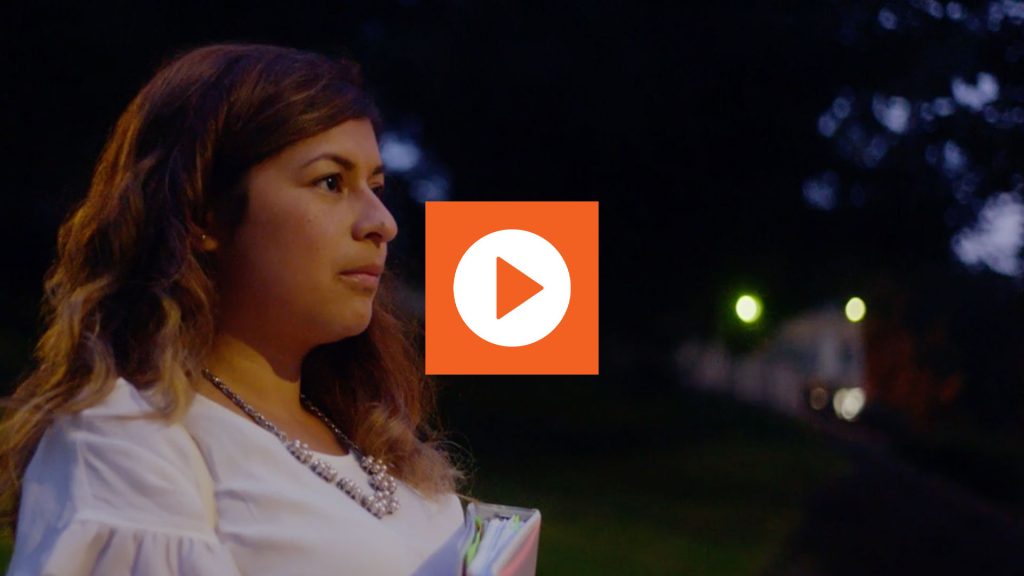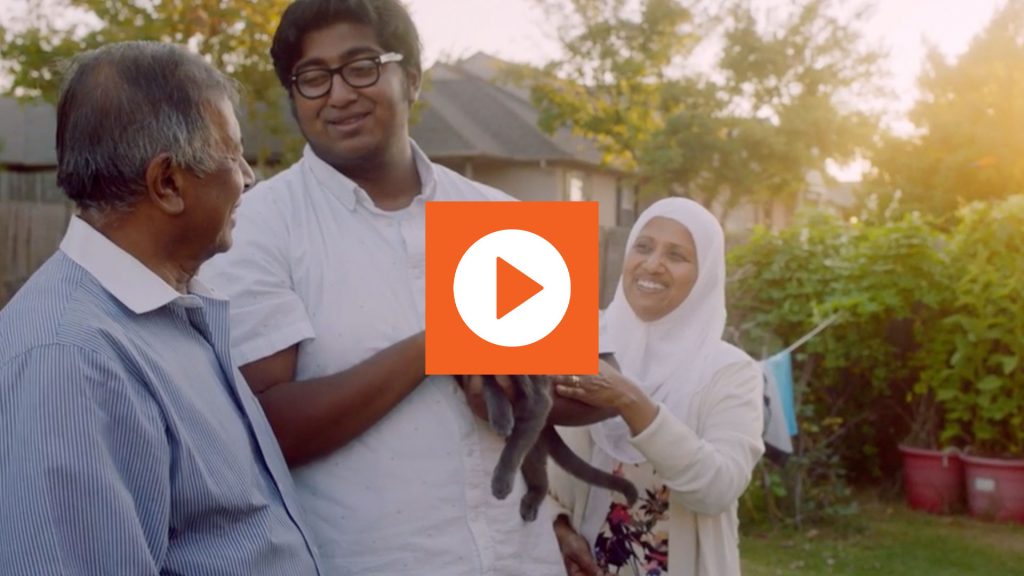Emmanuel A. ("Manny")
Maryland
Manny, also known by his stage name MannyWellz, is a music artist who was born in Nigeria and immigrated to the United States at 9-years-old. After his father was deported, Manny had to look after his mom and younger siblings, even dropping out of college so that his sister could attend. With DACA, Manny’s career has bloomed, allowing him to grow a fan base domestically and internationally, and he even won a Grammy for the collaborative album American Dreamers: Voices of Hope, Music of Freedom.
